Source
Revista Científica – ‘BioMedical – Journal of Scientific & Technical Research’
Authors
Dennis Minoru Fujita, Luiz Henrique da Silva Nali, Paulo Roberto Palma Urbano e Expedito José de Albuquerque Luna
Abstract
The economic development in emerging countries promoted an increase of access for new medical technologies and services which improve the life expectancy of your population at last 10 years. In Brazil, the increase of senior group is accompanied by new demands for a better quality of life, based on the interaction and social integration of the elderly. However, this social renaissance may be followed by agents that did not represent a risk for this group. Either by lack of preventive knowledge or by the cultural conduct to not use condoms, in the past, of this generation. Our study assessed the number of HIV-infected from Brazilian Ministry of Health public database (DATASUS) during the last 10 years. We focused on analyzing the frequency in senior age group, which was divided in the following distribution by age: 60-64, 65-69, 70-74, 75-79 and 80<years old. We compared the price’s evolution from the two main drugs for erectile dysfunction (Drug 1 and Drug 2) at Agencia Nacional de VigilanciaSanitaria – ANVISA database in the last 10 years. Today, there are ~36.7 million people infected by HIV in the world, whereas in Brazil there was an increase in estimated number of people (all ages) living with HIV(n~700.000 in 2010/ n~830.000 in 2015) in Brazil, with an estimative of ~15.000 deaths/year.
Sexual education for senior age : continuous increase inreported cases of HIV in Brazil - 2005/2015
Download link here




